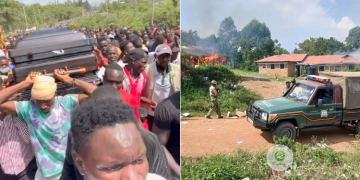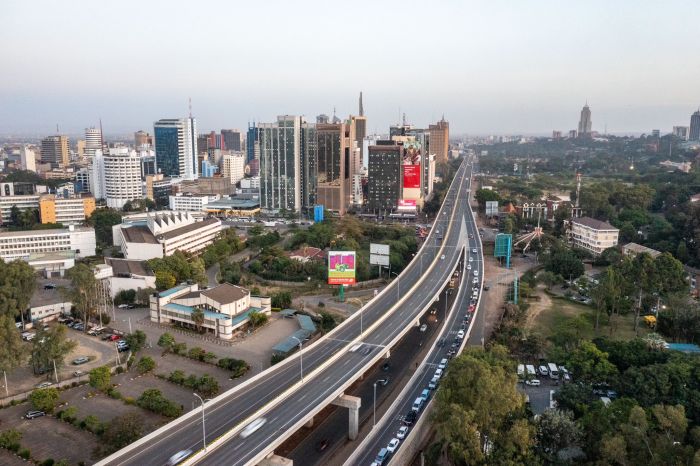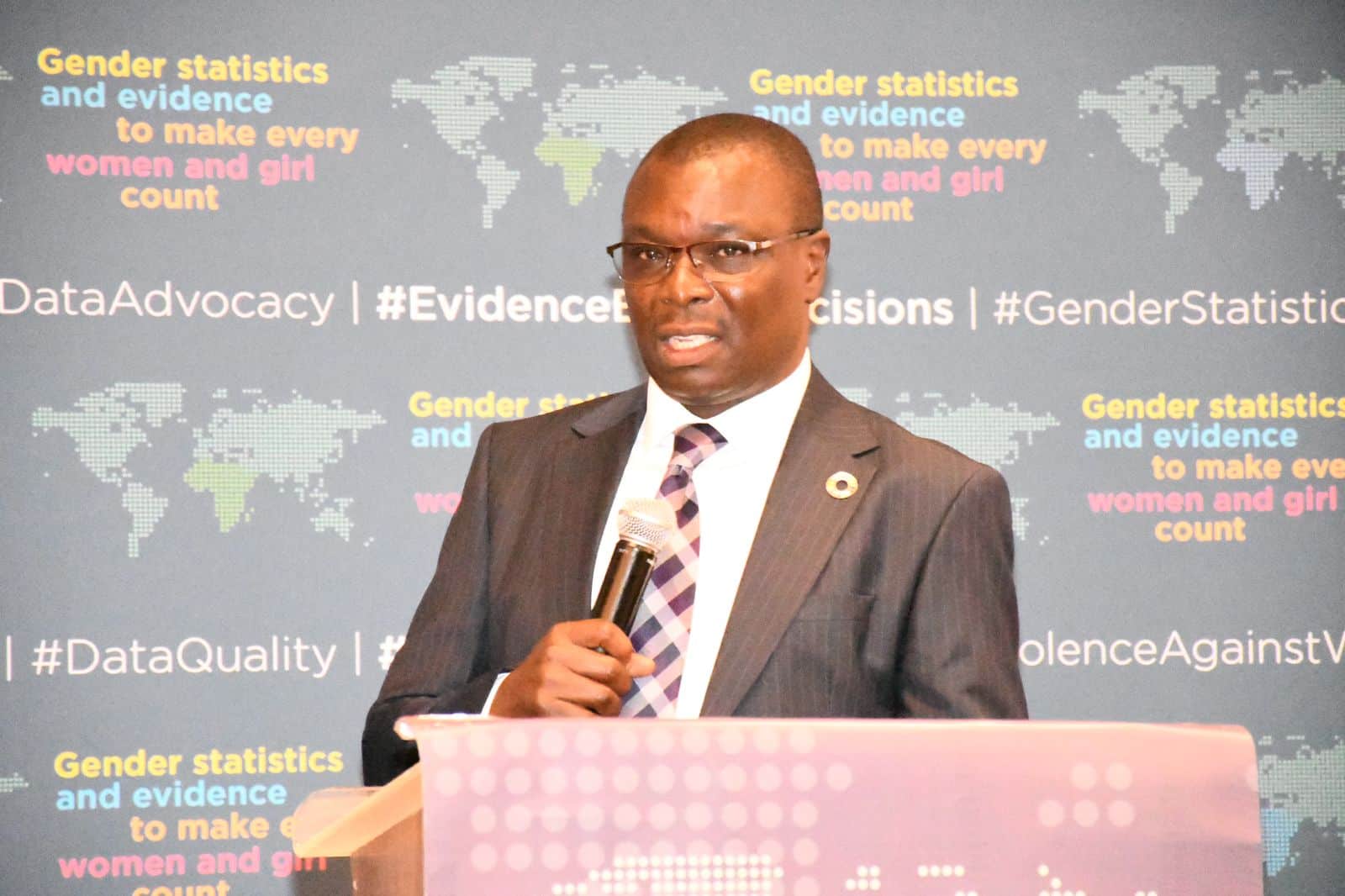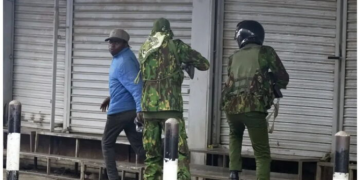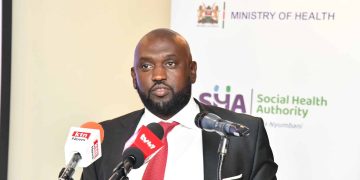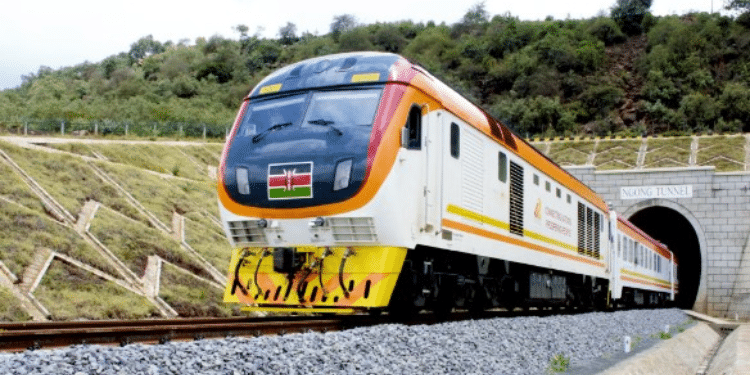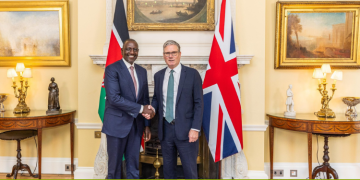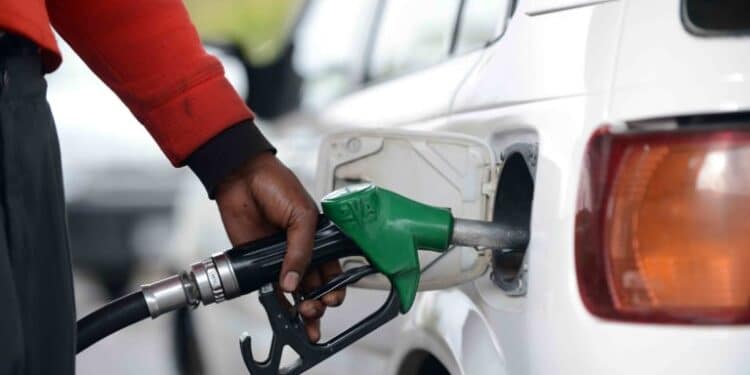Independent oil dealers have warned of an expected shortage of fuel next week citing accumulation of a Ksh1.8 billion debt accrued due to government’s price stabilization programme.
The large Oil Marketing Companies (OMCS) are reluctant to sell to these independent oil dealers at subsidized prices because of this debt accrued in the July-August period.
Moreover, the independent dealers under the United Energy and Petroleum Association (Unepea), warned that they may be forced to close 800 retail outlets across the country if the stabilization programme is not reviewed.
Unepea chairperson Irene Kimathi opined that despite the stabilization of prices easing the burden for customers, it also distorts the market for dealers.

This is because oil marketing companies are expected to sell the product at a price below the actual cost.
Also Read: Ruto Brings Back Fuel Subsidy as EPRA Announces Pump Prices
As such, Kimathi noted that OMCS’ profits are held back by the subsidy hence making them unable to sell to the independent retailers.
“Independent oil dealers are facing the possibility of closing down their businesses, this could lead to a countrywide shortage of the product as the independent dealers’ control 50 per cent of the market share,” said Ms Kimathi.
Likewise, the Unepea boss warned of a looming shortage of fuel if the state fails to review the current subsidy.
Unepea Calls on Government to Review Fuel Subsidies
According to Unepea, the state should consider reducing the rent penalty of Ksh100,000 of the levies and taxes in the cost of the product as opposed to the current refund method if it insists on the subsidies.
The association noted that their proposal would help with liquidity in the sector and allow for the free flow of fuel.
Further, the government presently, compensates dealers using funds from the Petroleum Development Levy
“The soaring international prices have not made things easier, this has led to oil marketers hoarding their products and waiting for the announcement of the next cycle prices to avoid losses,” Kimathi stated.
Additionally, Unepea urged the Kenya Revenue Authority (KRA) to collect VAT from petroleum dealers at the depot level, a move it says will curb theft and ease the burden of compliance on small players.
Also Read: EPRA Announces July-August Fuel Prices
Nonetheless, Kimathi decried that wholesale prices are left to escalate according to market forces while the Energy and Petroleum Regulatory Authority caps the retail segment to cushion consumers.
She noted that this is not favorable to retailers and called for reinstatement of the wholesale cap.
“Our margins have not been reviewed since 2019. These margins were factored in when fuel was Sh90, now the cost is more than double but the margins are the same. We’re not unaware of the current economic situation but it’s becoming economically unbearable to run the business,” she noted.
This comes at a time when the Energy and Petroleum Regulatory Authority (EPRA)is set to announce its reviewed fuel prices for the September-October period.
Stabilization Plan or a Subsidy?
President William Ruto earlier last month announced a fresh plan to stabilize fuel prices through the resources accumulated in the Petroleum Development Levy (PDL) Fund.
This move raised questions on whether the stabilization plan was tantamount to a ‘subsidy’.
However, the Head of State while speaking at the 8th devolution conference in Uasin Gishu County on August 16 clarified that this action was not a ‘subsidy’ but purely a fuel stabilization mechanism through the PDL fund.
He further told off those insinuating that his regime had silently brought back the fuel subsidy, adding that his government’s aim was to subsidize production and not consumption as it was done in the previous regime.
“Let me tell the country, we will not go to subsidies of any nature that distorted things and causes us unnecessary leakage,” he said then.




